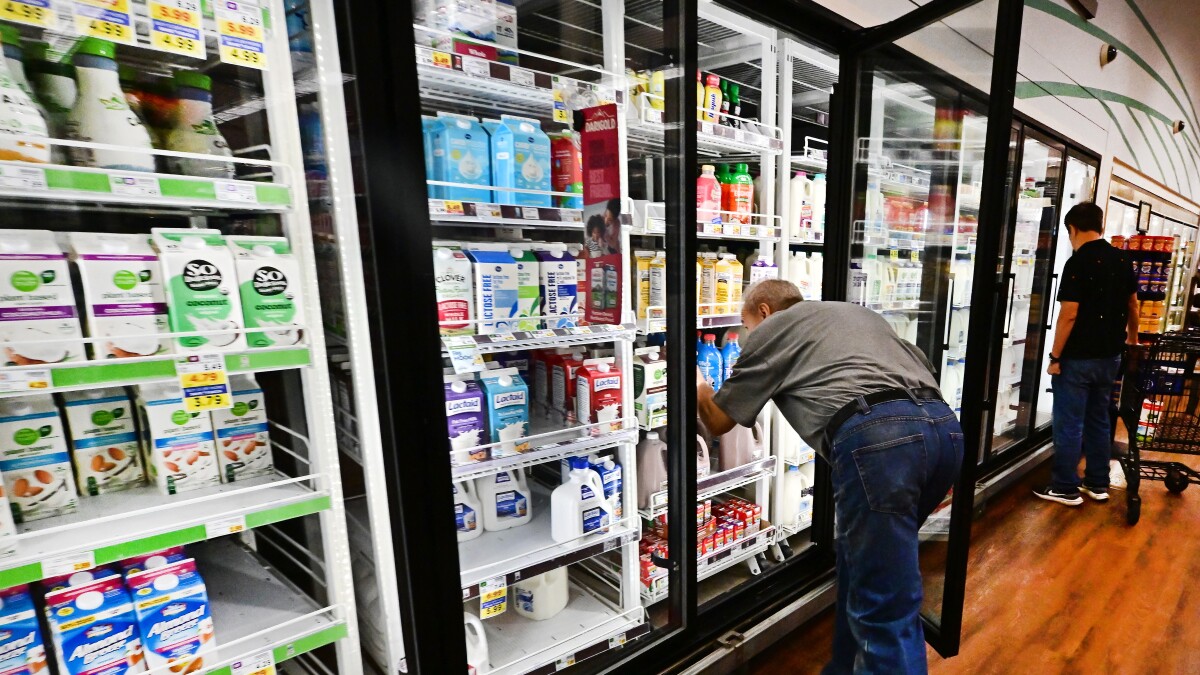More than half of U.S. states have shared data on food assistance beneficiaries
At least 27 U.S. states have provided the Department of Agriculture (USDA) with personal data on millions of recipients of the Supplemental Nutrition Assistance Program (SNAP), following a federal request for records dating back to 2020. The information includes names, birth dates, home addresses, Social Security numbers, and benefit amounts.
While most Republican-led states have complied, several Democratic-led states have refused, arguing that the data request may violate federal privacy laws and exceed the legal limits of the program. SNAP, which serves about 42 million people each month, is the country’s largest nutrition assistance program.
Court order prevents sanctions against states that refused to share data
Federal Judge Maxine M. Chesney issued a preliminary order blocking the federal government from withholding SNAP administrative funds from states that declined to submit the requested information. In her ruling, Chesney stated that the USDA’s demand for data appeared to be “contrary to law” and that the SNAP Act does not authorize disclosure of such personal details in this manner.
The legal conflict follows an executive order signed in March directing federal agencies to ensure unrestricted access to data from state-administered programs funded by the federal government, with the stated goal of reducing waste, fraud, and abuse.
Privacy and data use concerns persist
Court filings show that the USDA has run some of the collected information through a Department of Homeland Security database. The agency maintains the effort aims to identify irregularities such as duplicate payments or deceased individuals still listed as recipients. However, state officials have raised concerns about transparency, data protection, and the potential misuse of sensitive personal information.
The ongoing case underscores a broader national debate over data privacy, state autonomy, and the scope of federal oversight in public assistance programs across the United States.



